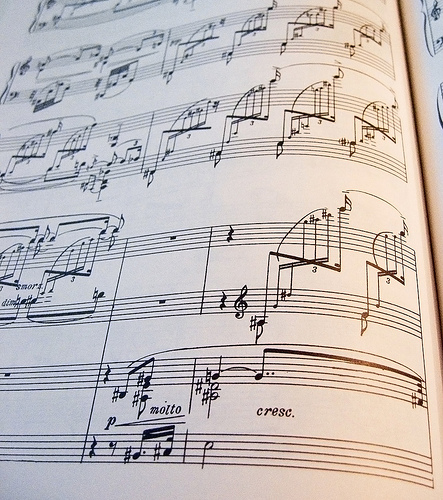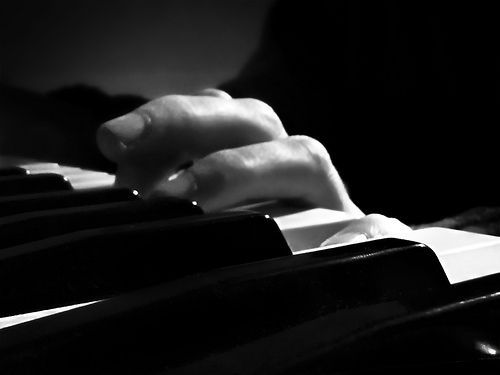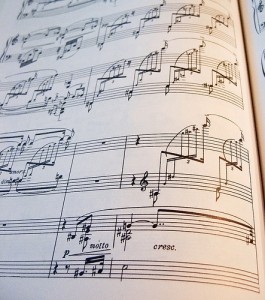 A few months ago, I read an research article about sight-reading that stated that professional pianists read something like eight notes ahead at any given time while sight-reading (I wish I could cite the article, but I don’t remember where I found it – if anyone knows of it please tell me!). The article, however, wasn’t very clear about what the “eight notes” referred to (harmonically? melodically?), especially since it seems that this would change depending on the texture, meter, and tempo. Regardless, I found it interesting to consider how far ahead one can be looking and thinking ahead while reading in order to be better prepared for what is coming up. (How many notes can YOU think ahead?)
A few months ago, I read an research article about sight-reading that stated that professional pianists read something like eight notes ahead at any given time while sight-reading (I wish I could cite the article, but I don’t remember where I found it – if anyone knows of it please tell me!). The article, however, wasn’t very clear about what the “eight notes” referred to (harmonically? melodically?), especially since it seems that this would change depending on the texture, meter, and tempo. Regardless, I found it interesting to consider how far ahead one can be looking and thinking ahead while reading in order to be better prepared for what is coming up. (How many notes can YOU think ahead?)
Personally, I think reading is mostly about “chunking” – recognizing groups of notes as chords, patterns, and other groupings. I do find, however, that students benefit greatly from being taught to “look ahead” or “think ahead.”
A young student of mine this week was playing a two-lined piece where the RH and LH move up an octave to echo what was stated in the previous two measures. The first time she played the piece, she had to briefly pause to think and move her hands to the right place before going on. She had been practicing this piece all week and I could tell she knew where her hands needed to go. Nevertheless, the spot was catching her unaware. Mentally, she wasn’t prepared for the octave move and therefore her hands weren’t ready on time either. We talked about this, and we reasoned together that she needed to be thinking ahead in order to be ready on time. After this, of course, she was able to play the piece fluidly.
Now the question may be, is it more effective to instruct students to “look ahead” or “think ahead?” Any opinions?
Photo Credit: pfly | CC 2.0
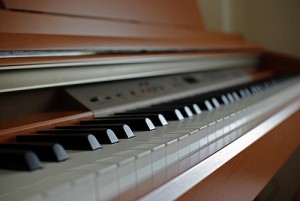 These week’s Forum Q&A was prompted by a comment by Kaylee on the facebook page. Kaylee asked for advice about teaching an adult student who is older than she is. If you have advice to offer, please visit the facebook page and leave a comment!
These week’s Forum Q&A was prompted by a comment by Kaylee on the facebook page. Kaylee asked for advice about teaching an adult student who is older than she is. If you have advice to offer, please visit the facebook page and leave a comment!

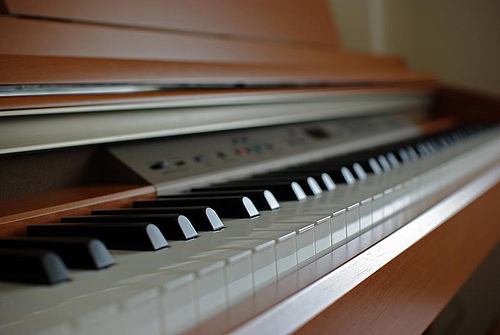
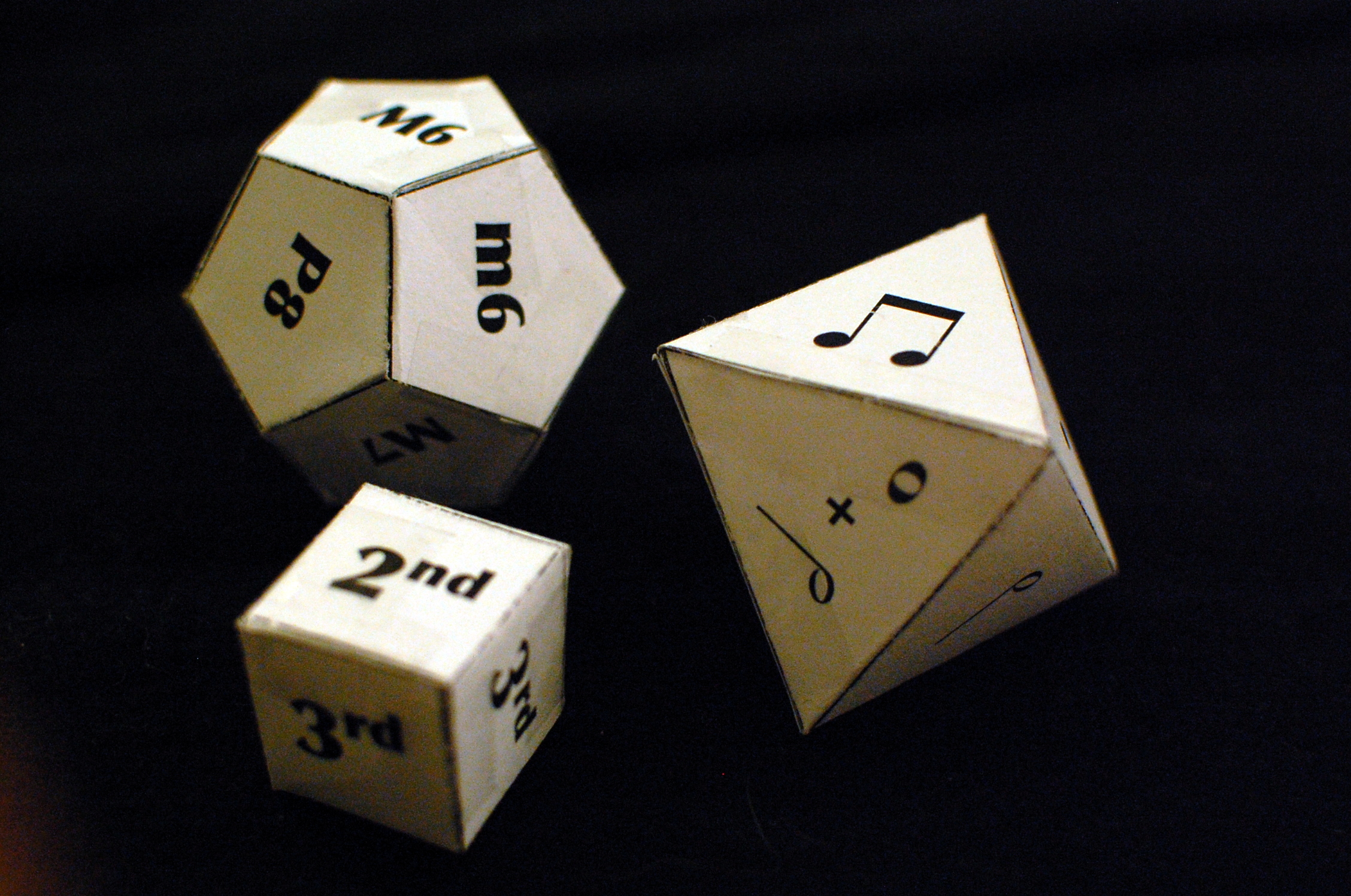
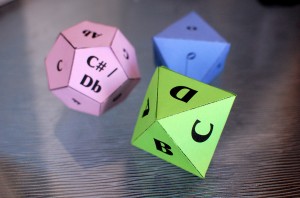 Just added to the
Just added to the 